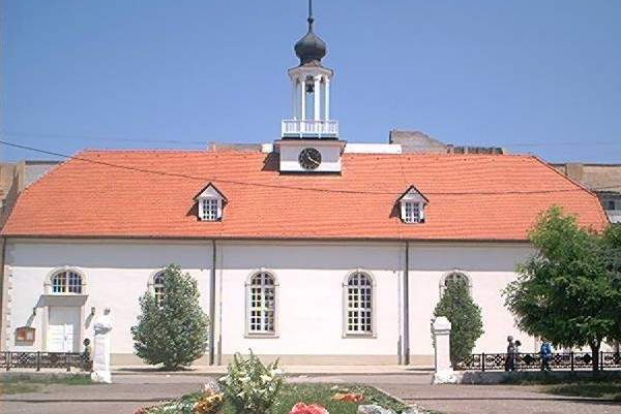The Volga Germans’ settlements were characterized by their specific life and traditions. The colonists cultivated crops, raised cattle, and many of them worked at enterprises. The Volga Germans had less than 60 rest days and holidays a year. They especially respected Christmas, New Year, Easter, and Whit Sunday.
The colonists celebrated patron saint’s days – so called Kirmes. All autumn Sundays were dedicated to Kirmes, and they never coincided with the Kirmes of neighboring settlements so they could celebrate holidays several Sundays in a row.
Late autumn was the time of matchmakings which were organized by men and were often secret. Weddings were usually held in the groom’s house where all the relatives were invited. The invitation ritual had some special features: announcers informed of the invitation accompanied by women carrying baskets and collecting tableware for the wedding.
The colonists preserved lots of original German customs. On the Christmas Eve the colonists decorated Christmas tree with sweets and gingerbreads in the church and after the service they gave all the decorations to children. Masked people were invited to families where they scared children and made them tell about their misbehavior. Only those children who told the truth got presents.
Easter was celebrated in a modest way though it was of great religious value. On this day, it was mandatory to go to church. On the Easter Eve a traditional Easter rabbit brought eggs and toys for children.
